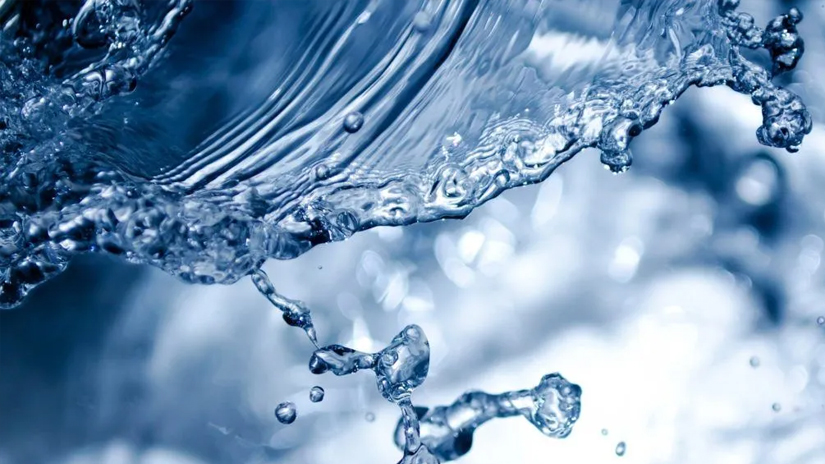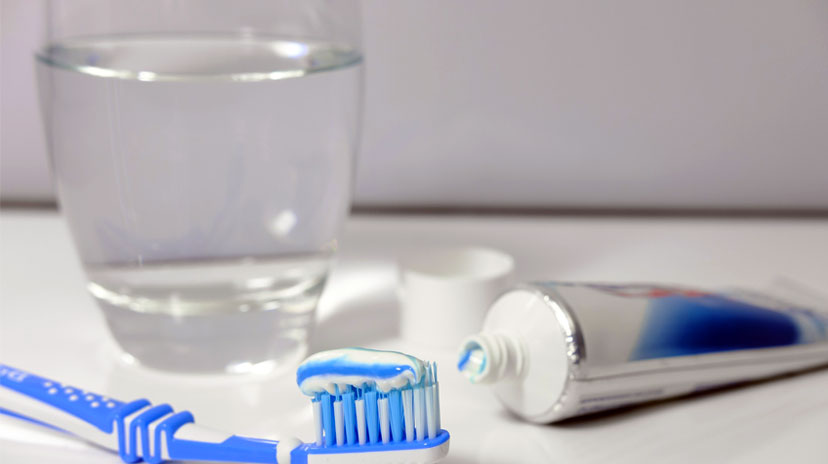We all know keeping hydrated is important, especially during those scorching months! On average, each of us goes through about 341,000 litres of water a year, with the toilet, shower, and washing being the biggest culprits. It’s a bit alarming, but us Aussies are actually some of the top water users per capita globally. That’s not great for the planet, especially with our recent drought struggles and naturally dry climate. If we can all chip in and tweak a few habits, it’s possible to cut down water usage and keep our supply and environment healthy. Believe me, saving water isn’t that tough, and everyone can pitch in- whether at home or work! It’s surprisingly easy to save water, and everyone can join the effort!

Tips For Saving Water In Your Home
There’s heaps you can do around the house to save water! Making a few simple changes in daily life will not only help the environment but also be gentle on your wallet!
Bathroom
- Turn off taps when you’re not using them to conserve water. And when you’re brushing your teeth or shaving, only have the tap running when you’re rinsing. Get any dripping faucets or showerheads checked by a professional Sydney plumber.
- If you have a dual flush toilet, try to use the half flush on your toilet and consider installing a new water-saving model.
- Shorten your shower time. Shorter showers run for less than 5 minutes. Use water-saving shower heads or low-flow shower heads.
- Use a bucket to catch water splashback when you have a shower. You can use this water to wash your plants and cat or dog.
- Adjust the thermostat on your water heater tank so you don’t need excessive cold water.
- When brushing your teeth, remember to turn your tap off.
- Inspect your toilet tank, hidden pipes, and fixtures for leaks. Check under your bathroom sink for drips and the walls and ceiling for water damage, mould, or discolouration. Check your water meter and note the reading.
- If you use a bathtub, be mindful not to overfill it. Regulate the temperature as it fills up to prevent adding more hot or cold water than you need. You can use less water for pets and small children.
Kitchen and laundry
- Before using your dishwasher and washing machine, ensure they have full loads. Fill your sink with water instead of under a running tap when rinsing your dishes.
- Install an Instantaneous hot water system. This shortens the time it takes for your water to heat up as it’s running. Your local plumber can help you find the best system for your home.
- Switch to water-efficient goods and appliances. Installing energy-efficient 5-star WELS rating machines will reduce Sydney water usage. Front-loaders are better systems for water conservation. A simple call to your plumber or appliance store will guide you in the right direction.
- Only use the machine if it has a full load.
- Adjust the machine settings accordingly. For lightly soiled clothes, use a milder wash setting.
- Be on the lookout for leaks under the laundry basin. Check for splits on the washing machine hose.
- Keep a large bottle of tap water in the fridge for drinking. Fewer trips to the taps will always be nice and cool for you.
- You can reuse your pasta water. When you boil your pasta, drain the water and refrigerate it. This water can be used to water plants!
- When you wash dishes, don’t leave the tap running for rinsing. If you have two sinks for hand washing dishes, fill one with soapy water and the other with rinse water.
Garden and outside
- When washing your car, fill a bucket and use that rather than a running hose. Another handy tip is to water your grass simultaneously simply by washing your car on your lawn.
- Choose plants with lower water needs and requirements, like native plants.
- The best time to water your garden is before 10 a.m. or 4 p.m. Rather than a running hose, use only a watering can or a bucket.
- When watering your plants, ensure that the roots, not just the leaves, are saturated.
- Weeding your garden regularly can prevent water loss for your plants. Weeds can steal the water supply to your plants and lawn.
- Having your grass a touch longer can help retain water so that you can use less Sydney water.
- Use mulch or compost to increase water absorption in your soil. Research the best mulch to layer in your garden. Mulch will retain moisture for your plants and vegetables.
- Look into installing a drip irrigation system for your lawn and plants.
- When cleaning your driveway, use a broom instead of washing it down with a hose.
- Check out for leaking pipes or unusual water pooling around your home. Call your local plumber to get any pipe leaks repaired.
- Clean your outdoor drains regularly to prevent blockages
The beauty of these water-saving tips is twofold: you’ll cut down on water usage and, better yet, your water bill. It’s a win-win for your wallet and the environment!

Saving Water In Your Home
That concludes our tips on ways to save water around your home.
Water is crucial here in Australia and across the globe. It keeps us hydrated and supports plants and wildlife. It’s vital at home for washing and cooking. Imagine your toilet without flush! It would be a health hazard, unable to whisk away waste.
Tempting as it is to waste a bit—you turn on the tap, and there it is—choosing conservation is key. It’s so easy to run the washer or flush the loo without a second thought about how much water we’re actually pouring down the drain!
Even small actions, like turning off the tap while brushing your teeth, can make a massive difference over time. Don’t forget to fix leaks or drips straight away. For more nifty water-saving ideas, give Fixed Today a shout.
Catch you next time!














